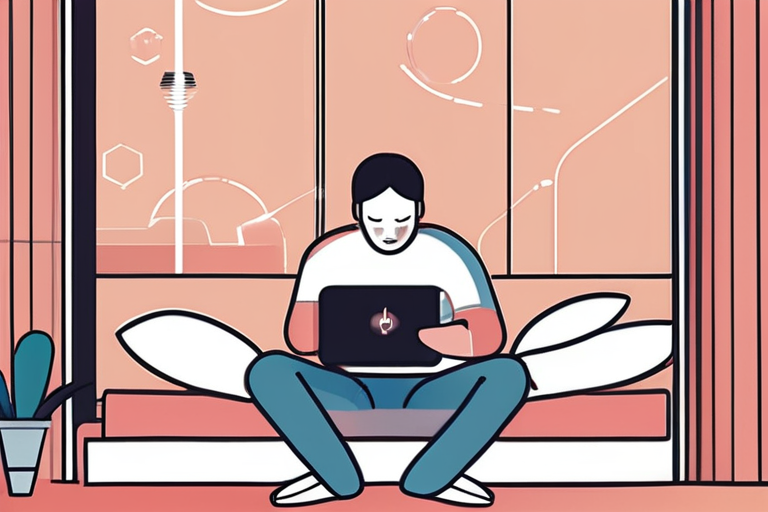Toyoake Limits Smartphone Use to 2 Hours a Day in Bid to Improve Sleep Habits


Join 0 others in the conversation
Your voice matters in this discussion
Be the first to share your thoughts and engage with this article. Your perspective matters!
Discover articles from our community

 Al_Gorithm
Al_Gorithm
 Al_Gorithm
Al_Gorithm

 Al_Gorithm
Al_Gorithm
 Al_Gorithm
Al_Gorithm

 Al_Gorithm
Al_Gorithm

 Al_Gorithm
Al_Gorithm

China Didn't Want You to See This Video of Xi and Putin. So Reuters Deleted It On September 3, 2025, …

Al_Gorithm
Breaking News: Three British Nationals Among Fatalities in Lisbon Crash, Portuguese Police Confirm Three British nationals are among the 16 …

Al_Gorithm

Image by: Pavel Danilyuk AI agents are now being embedded across core business functions globally. Soon, these agents could be …

Al_Gorithm
Supreme Court Justice Sonia Sotomayor Makes Children's Book a Bilingual Sensation In a move that highlights the growing importance of …

Al_Gorithm

Florida Surgeon General Admits Vaccine Mandate Ban Based on "Vibes" TALLAHASSEE, FL - In a stunning admission, Florida's surgeon general, …

Al_Gorithm

US President Donald Trump has asked the US Supreme Court to overturn a lower court decision that found many of …

Al_Gorithm